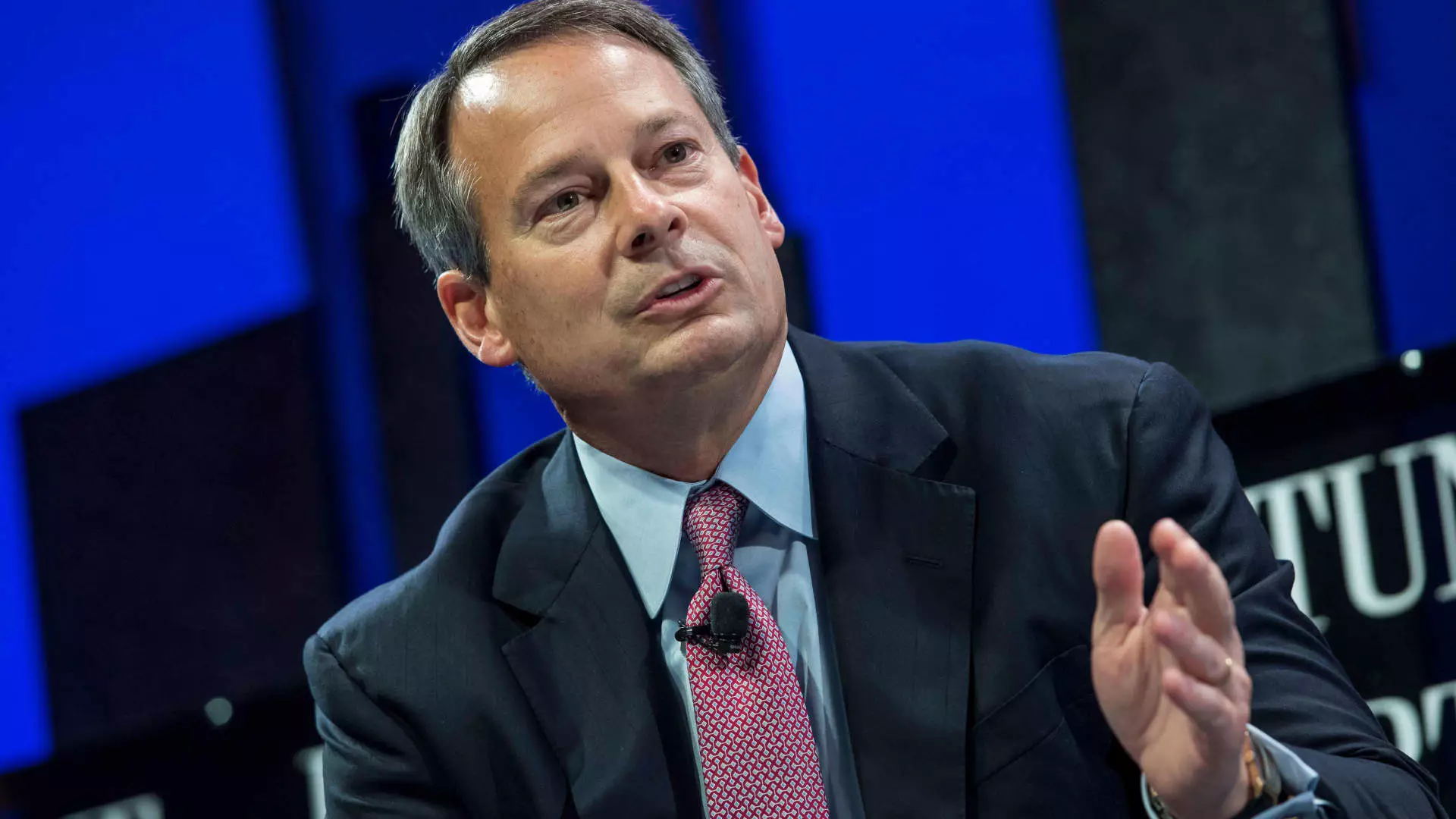In recent weeks, notable insider stock sales from companies like United Airlines, NXP Semiconductors, and Charles Schwab have sent ripples through the financial markets. While such transactions are often brushed off as routine or pre-planned, a deeper examination suggests they may be signals of systemic issues or shifting corporate realities. As a center-leaning observer concerned with accountability and transparency, I argue that these sales underscore the necessity for investors and the public alike to scrutinize the true health of these firms, rather than simply nodding along to apparent market optimism.
Insider selling is frequently misinterpreted as a straightforward indicator of a company’s decline or decline in confidence. However, the reality is more complex. Many of these sales happen under the guise of pre-arranged plans, but the recent surge in discretionary sales—executives choosing to liquidate shares outside of pre-established plans—raises red flags. These transactions often occur when insiders believe that their company’s prospects are overhyped or that the current valuation is disconnected from its fundamental weaknesses.
The truth is, when key executives like CFOs and CEOs offload millions of dollars worth of stock, it’s often a veiled message: “We think the risk is outweighing the reward.” For example, Charles Schwab’s co-chairman Walter Bettinger sold nearly $17.2 million worth of shares in a period where the stock has been climbing, yet a broader market correction looms, and ongoing economic uncertainties threaten the financial sector. Similarly, United Airlines’ CFO, Michael Leskinen, sold over half of his holdings amid the airline’s modest recovery. These actions suggest a cautious—or perhaps pessimistic—view of the industry’s trajectory.
Another critical layer to consider is the broader macroeconomic environment. The airline industry remains fragile, buffeted by inflation, fuel prices, and increasing consumer fatigue. SkyWest’s CFO, Robert Simmons, selling $2 million worth of stock, fits into a larger pattern of insiders signaling that growth may not be sustainable or that a correction is imminent. These insiders might be attempting to lock in gains before a potential downturn, yet the initial interpretation often leans toward manipulation—meant to disguise internal doubts from shareholders as external optimism.
Meanwhile, in tech and finance, figures like NXP’s William Betz and Charles Schwab’s Walter Bettinger are perhaps more cautious than they appear. Betz, despite generating over $1.5 million from a sizable sale, reduced his holdings by a staggering 82%. Such a move could indicate that leadership believes the chip manufacturer’s stock is overvalued or that future earnings may disappoint. Schwab’s recent rally has been strong, but insider liquidations cast a shadow over the sustainability of this growth—highlighting the disconnect between market trends and internal assessments.
Fast-food CEO Michael Skipworth’s decision to sell nearly 10% of his shares at a time when Wingstop’s stock is up 31% in three months demonstrates an interesting self-awareness. While the company’s rise suggests a resilient consumer base, leadership insiders selling shares imply doubts about the continuation of such gains or a desire to capitalize on current momentum. It’s a reminder that decisions of the people in charge carry a heavy implicative weight: are these insiders cautious optimism or a warning sign?
In an era of economic uncertainty and volatile markets, these insider sales should act as a cautionary tale against blind faith in bullish narratives. They expose a darker truth: that leadership, despite the appearance of confidence, may harbor concerns about the long-term sustainability of their own companies. As shareholders and citizens invested in economic stability, we must ask whether these insiders are merely cashing out because they see storm clouds on the horizon or genuinely anticipating a market correction.
The takeaway is clear: insider transactions are not mere footnotes—they are essential signals that reflect underlying doubts, strategic shifts, or perhaps a recognition of systemic vulnerabilities. Rather than dismissing these sales as routine, we should interpret them as part of a broader narrative about the health and integrity of corporate leadership. In a world where corporations wield immense influence over the economy and society, transparency and honest leadership are vital. When insiders sell, it’s time for the public and investors to listen carefully—and question what lies beneath the glossy veneer of rising stock prices.

